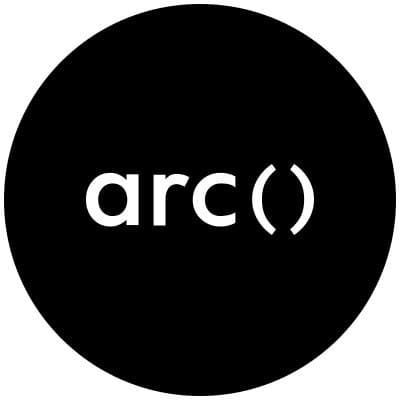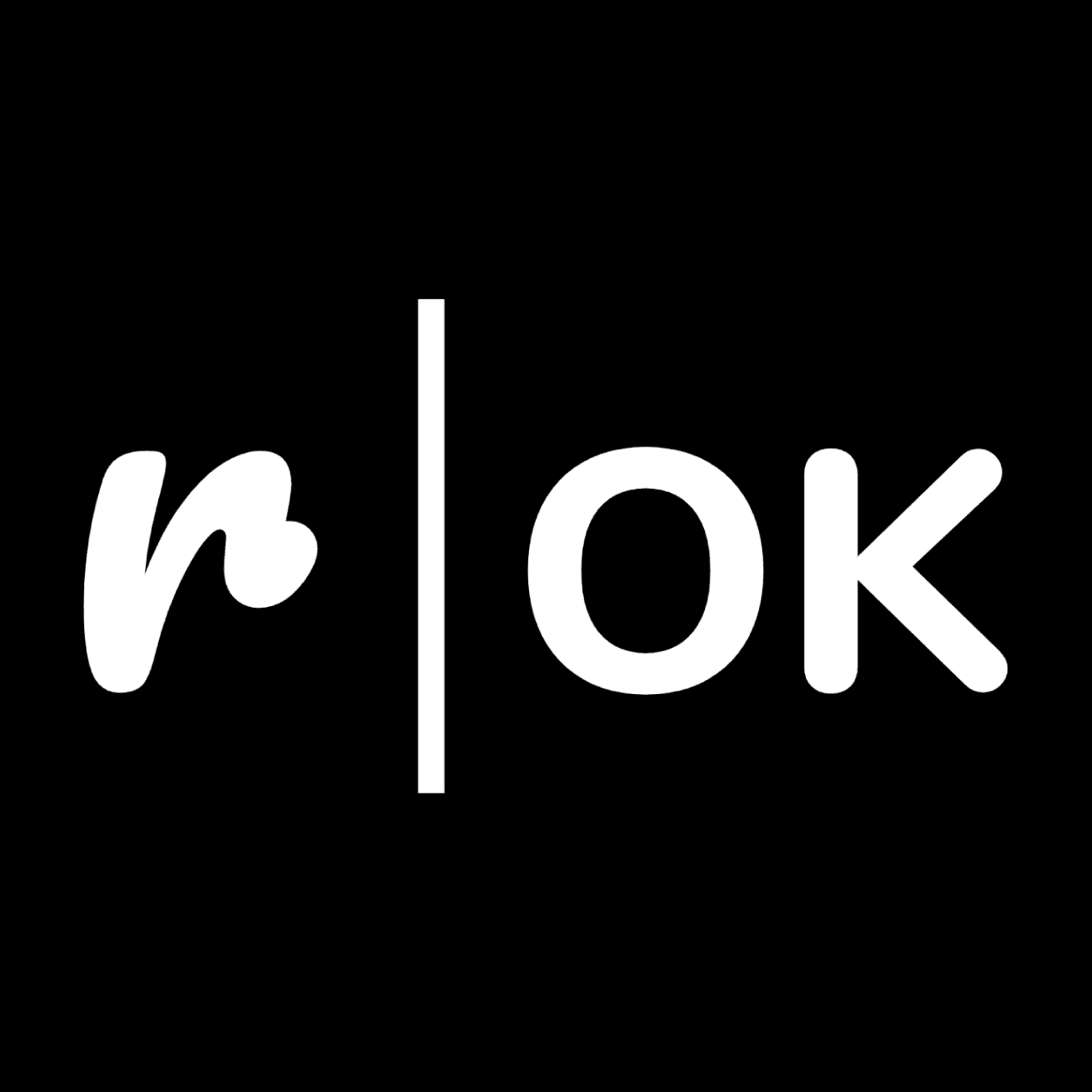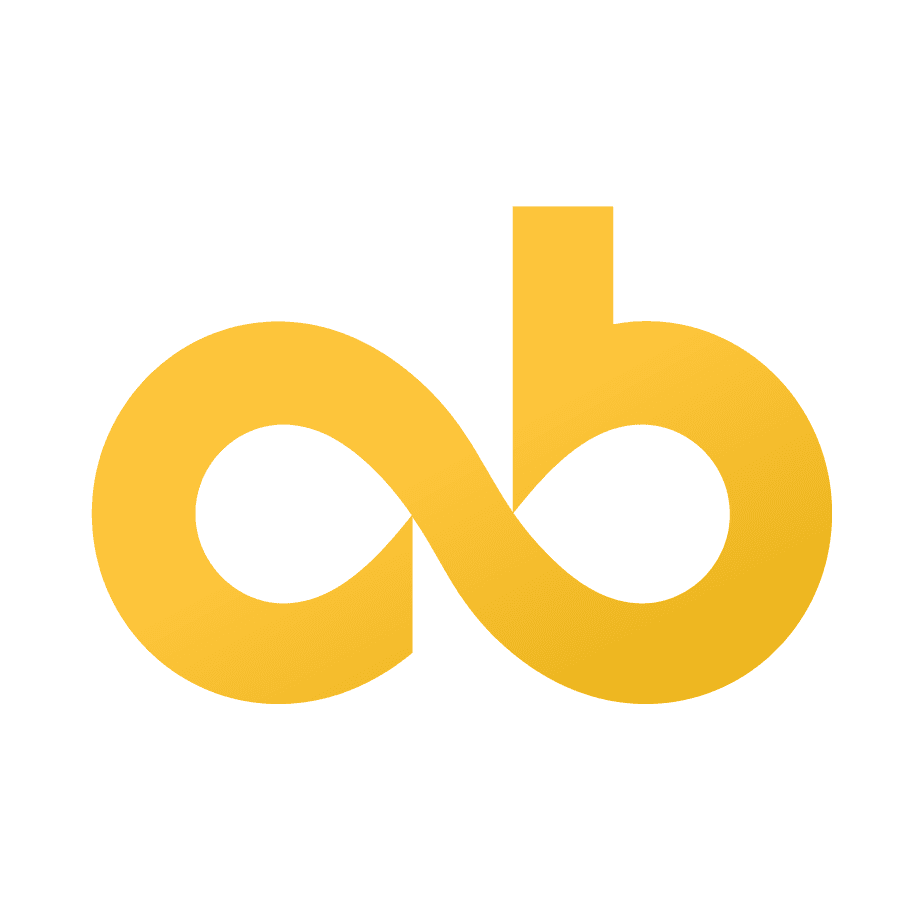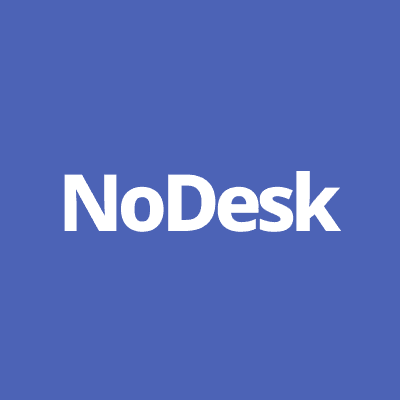Arc vs. Remote Jobs
Arc
Arc isn't exactly a job board. It's more of tool where you create a profile and it matches you with companies offering remote jobs. You need to pass a vetting process to qualify but after that you get direct invitation to interviews. Their AI automatically matches you with the jobs that best fit your profile.
Remote Jobs
Remote Jobs is a simple job board that lets you filter jobs by time zone and salary range.
| Item | Votes | Upvote |
|---|---|---|
| No pros yet, would you like to add one? | ||
| Item | Votes | Upvote |
|---|---|---|
| No cons yet, would you like to add one? | ||
| Item | Votes | Upvote |
|---|---|---|
| No pros yet, would you like to add one? | ||
| Item | Votes | Upvote |
|---|---|---|
| No cons yet, would you like to add one? | ||





















